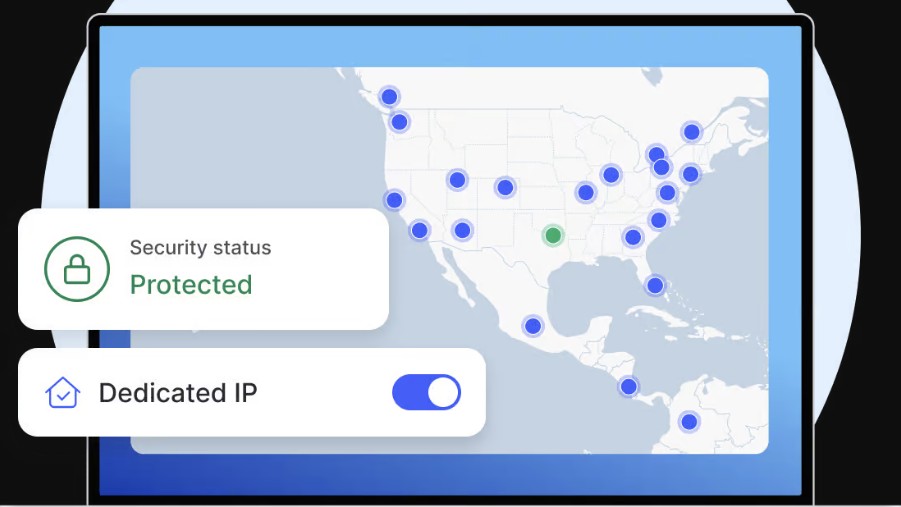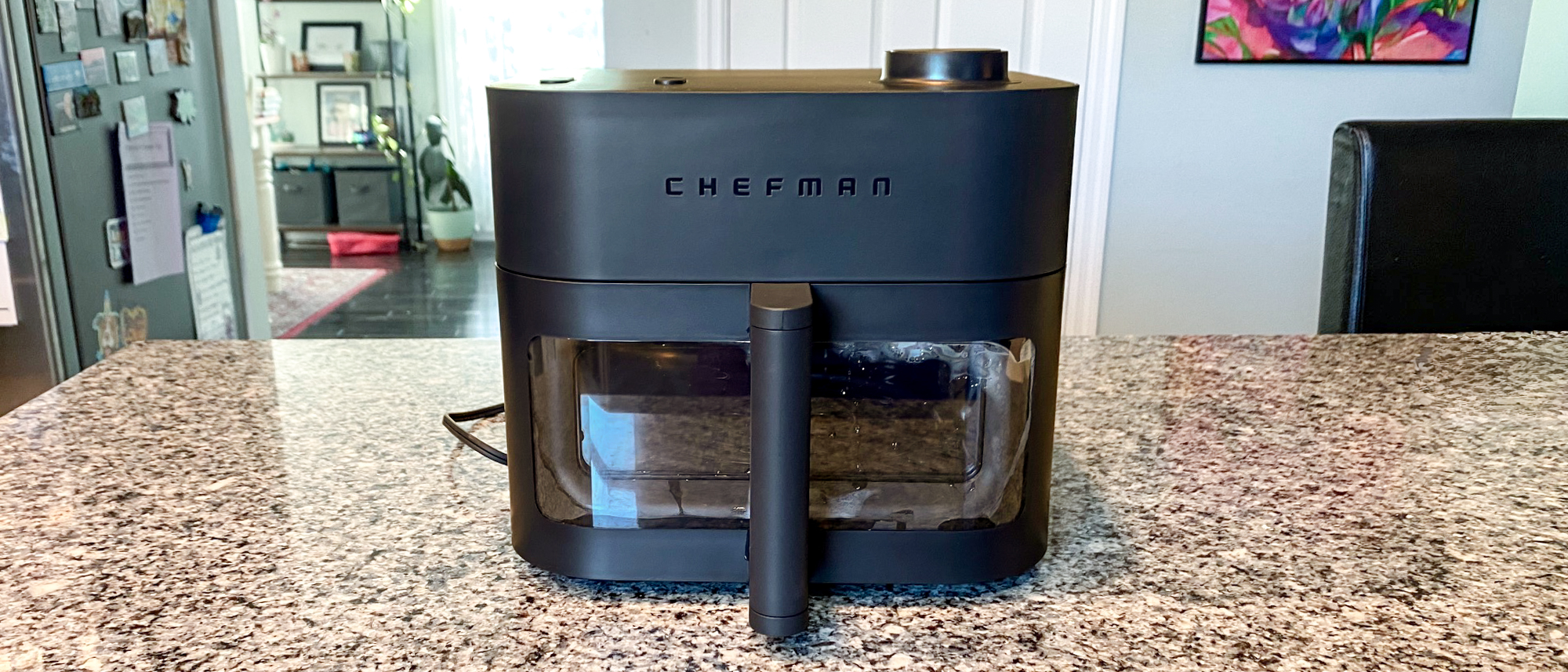What is a dedicated IP?
How to use dedicated IPs for consistent and easy access to sites and IP-restricted resources

Dedicated IPs are unique IP addresses that are exclusively assigned to a single user or entity. Unlike shared IPs, dedicated IP addresses aren't used by multiple devices. This makes them better for securely (and consistently) accessing websites, streaming platforms, and banking apps.
Furthermore, they also prevent hackers and other cybercriminals from negatively impacting your IP's reputation. It's worth noting that some of the best VPNs offer dedicated IP addresses, which are available for a small additional fee on top of the VPN subscription.
In this article, I'll shed light on dedicated IP addresses, including what they are, how they're different (and potentially better) than shared IPs, and whether you should consider getting one.
What is a dedicated IP?
Usually, a dedicated IP is a static IP address (meaning it doesn't change) assigned to a single website hosting account, which means no one else can use it. It gets assigned, or "dedicated," to a single user or device, which, unlike a shared IP address, doesn't get shared between multiple devices or users.
You can get a dedicated IP from an ISP, but you can also get one along with a VPN subscription. The VPN encrypts your connection, routes it through a remote server, and assigns you an IP address that isn’t shared with other users.
Using a dedicated IP address will help you stay unimpacted by the activities of other VPN users, bypass reputation-based filtering systems (such as those of Gmail, PayPal, and banking sites), and access private company resources to work remotely.
It's worth noting that you'll have access to the specific dedicated IP address so long as you're paying for the VPN subscription.
Drawbacks of using shared IP
The biggest downside of using shared IP addresses, which is what you get as default with every single VPN, is that damage to a shared IP's reputation caused by the malicious actions of one user can negatively impact the browsing experience of hundreds of innocent users, who may then lose access to sites that block the particular IP due to its notoriety.
If the worst, i.e., complete loss of access to sites, doesn't happen, cybercriminals could still cause sites to amp up their security, which would result in more CAPTCHA challenges – a massive inconvenience for legitimate users sharing the IP address.
Furthermore, shared IP addresses, which are assigned to you randomly by the VPN provider, won't allow you to access remote servers or banking platforms, which often require a consistent (dedicated) IP address. This means that it would be a pain to work or use your banking apps from abroad.
Why would you use a dedicated IP?
Here are the benefits of using a dedicated IP address:
- Secure connectivity: a dedicated IP address allows you to securely connect to a network that employs an IP whitelist (or blocklist) for security purposes. The said network could be your company's, for example, that may want to protect its private resources from unauthorized access.
- Less content blocks: streaming services such as Netflix block VPNs by cataloguing IP addresses with a known association to a VPN server and monitoring IP addresses for multiple user connections, which means they check whether the same IP is used from different devices. However, you can bypass such blocks with a dedicated IP.
- Improved reputation: as mentioned earlier, a dedicated IP address can protect you against the activities of cybercriminals; your IP will remain a trusted one, meaning you'll encounter fewer CAPTCHAs and enjoy seamless access to websites, no matter where you are.
Which VPNs offer dedicated IPs?
Seeing as dedicated IP addresses are an excellent security tool, all of the most secure VPNs offer them, including our #1 VPN pick overall, NordVPN. Furthermore, you can also get a dedicated IP from Surfshark, ExpressVPN, Proton VPN (although for business users only), and Private Internet Access.
However, it's worth noting that a dedicated IP is almost always available as an add-on to your VPN subscription, meaning you'll have to pay extra for it – around $3-8 per month. This is because VPN services, too, have to purchase these IP addresses, plus there are, generally speaking, a limited number of dedicated IP addresses out there.
Bottom line
All in all, if you're looking for improved and easy connectivity (fewer blocked requests and CAPTCHA verifications), fewer chances of geo-restricted content being blocked for your IP, and better security, i.e., less chance your IP address will be used by hackers, then a VPN with a dedicated IP will be the right choice for you.
However, dedicated IPs demand an extra expense on top of your VPN subscription, plus they're not as good for anonymity as shared IPs, so the bottom line really is that you need to be aware of your use cases. You can, of course, use a combination of shared and dedicated IP addresses to get the most out of your VPN.
Get instant access to breaking news, the hottest reviews, great deals and helpful tips.

Krishi is a VPN writer covering buying guides, how-to's, and other cybersecurity content here at Tom's Guide. His expertise lies in reviewing products and software, from VPNs, online browsers, and antivirus solutions to smartphones and laptops. As a tech fanatic, Krishi also loves writing about the latest happenings in the world of cybersecurity, AI, and software.
- Olivia PowellTech Software Commissioning Editor
